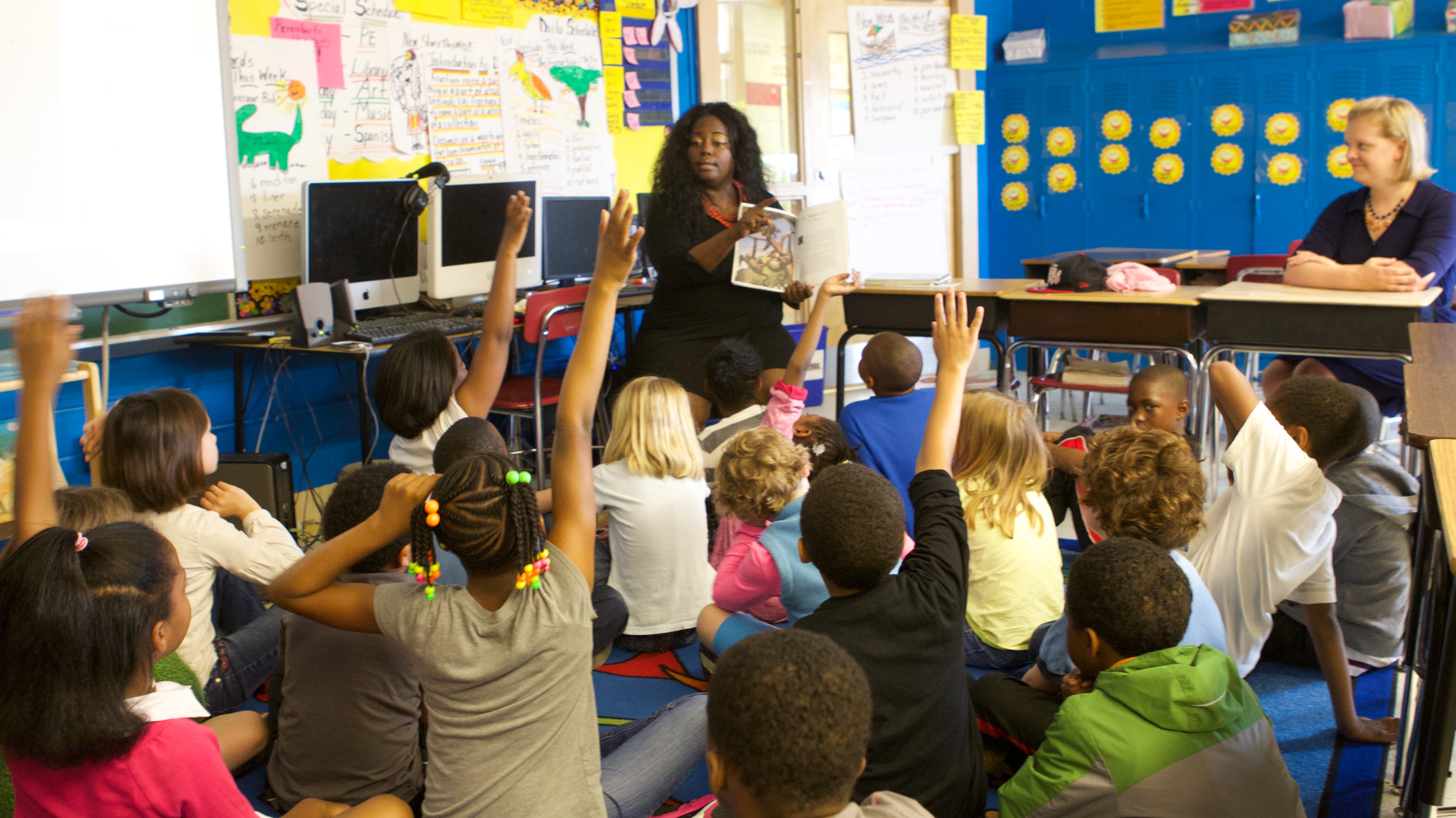In England we are used to the term ‘reading for pleasure’ and indeed most schools seek to foster this, but is ‘writing for pleasure’ also part of our vocabulary? I’m not convinced. Do we plan to nurture young people’s enjoyment in writing? Do we allow them space and time to write for their own purposes? Are they writing for themselves, or for others – their teachers, parents and the assessment system? Do we ourselves see writing as a pleasurable form of self-expression; a way of making sense, a social act of making meaning in an uncertain world?
Are professional conceptions of writing so heavily framed by the Government’s criteria for writing at the ‘expected standard’ that the voice and verve of the young and their personal engagement in writing is being sidelined? As children across the country endure tests and seek to name and label modal verbs and demonstrate that they can separate their subordinating conjunctions from their prepositions, will they find any pleasure in the process?
With grammar frontstage and writing backstage and teachers’ impending end-of-year assessments of writing tethered to limited criteria, the likelihood of nurturing children who choose to write for pleasure and at leisure seems slim.Perhaps it was ever thus with tests, but with grammar frontstage and writing backstage and teachers’ impending end-of-year assessments of writing tethered to limited criteria, (only one of which implicitly recognises purpose in writing), the likelihood of nurturing children who choose to write for pleasure and at leisure seems slim. Writing can inform, entertain, inspire, persuade, foster our creativity and help us refine our thinking and reshape our views. It is a highly complex activity, and unlike many other activities which are initially difficult to learn, it remains cognitively and emotionally demanding even as we become more experienced. Yet as our 16 project teachers observed, when reflecting upon the Arvon residential experience, writing has the capacity to surprise, to move and to engage us, offering a deep sense of satisfaction which fosters the desire to write – to write more, more effectively and to find and explore one’s voice. Writing that is undertaken at our own pace, in our own way, on subjects that we care about and has a bearing on our background, interests, values, beliefs and aspirations, is personal purposeful writing.
Writing for pleasure, like reading for pleasure, is essentially volitional, intrinsically motivated, writer-directed and choice-led; it has meaning making at its core. Writing that we require from children that is formally assessed is not child-led and may well have the reverse effect, such that the major purpose becomes pleasing the teacher and passing tests, and a preoccupation with form rather than substance. There is a pressing need to attend to children’s ideas, their generation, incubation and contemplation, as well as to appropriate grammatical knowledge.
Balance of course is key, although it is genuinely challenging to explore form and freedom, structure and innovation in the teaching and learning of writing. But without attention to the art and craft of writing and to children’s attitudes, preferences, pleasures and perceptions of themselves as writers, we won’t be developing children who choose to write.


Rate and Review
Rate this article
Review this article
Log into OpenLearn to leave reviews and join in the conversation.
Article reviews